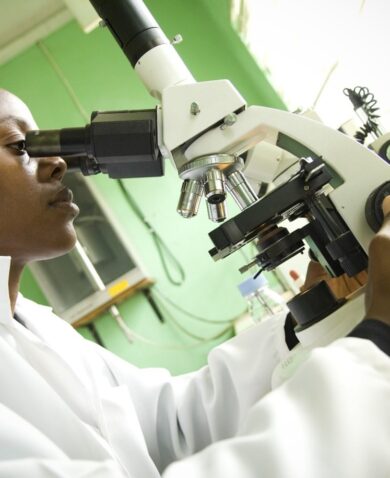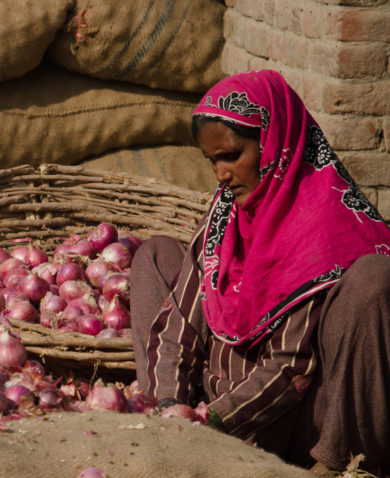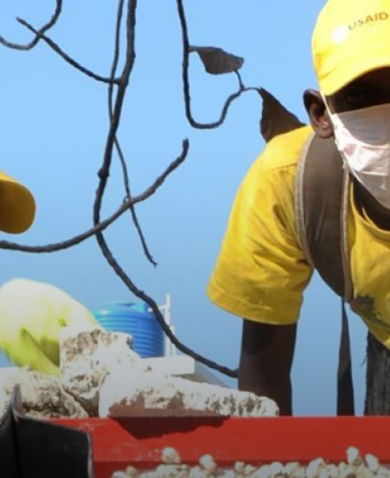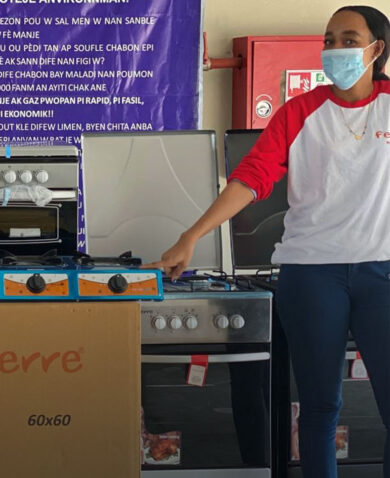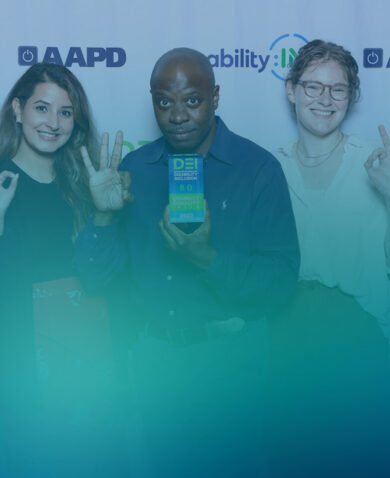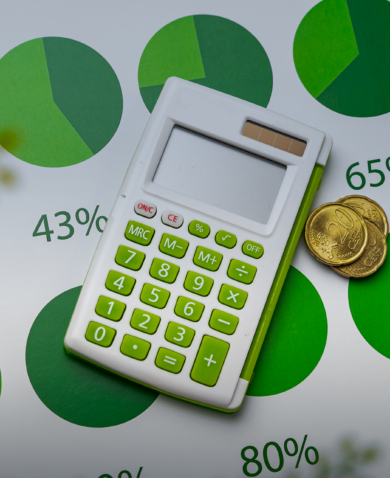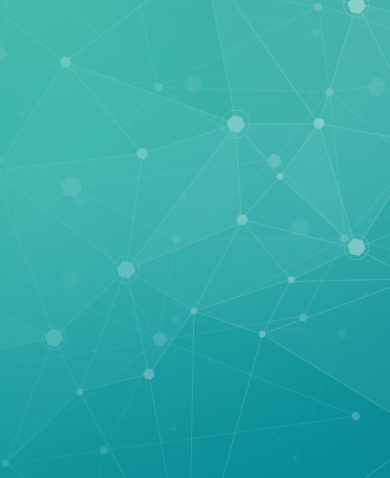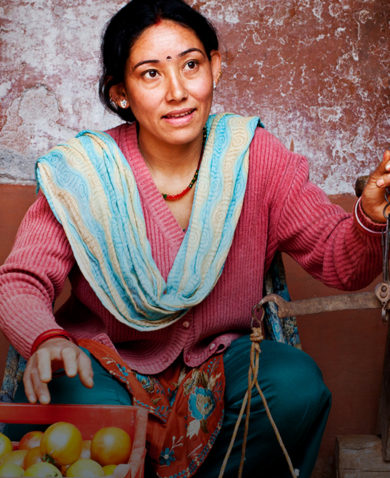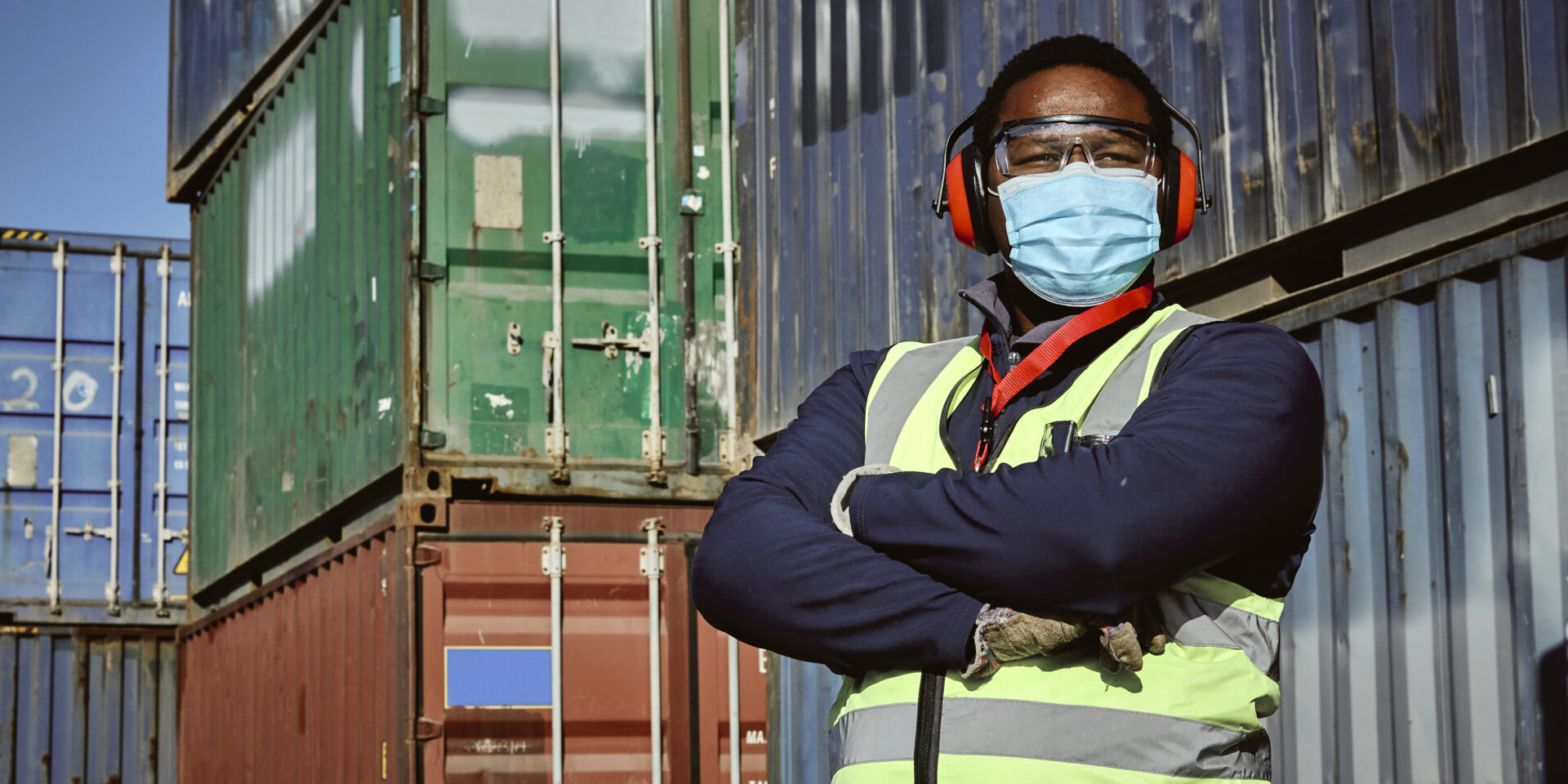
Building Back Better Through Trade
January 18, 2021 | 3 Minute ReadBalancing ethical concerns with a demand-led approach to trading relationships can transform fragile value chains into resilient market systems that pay out for emerging and developed economies as well as suppliers and buyers.
This post originally appeared on British Expertise International’s blog.
Governments are looking to trade to breathe life back into their beleaguered economies. Allowing goods to move safely and efficiently across borders into businesses and consumers hands is vital to restoring faith in markets and stemming rising unemployment. But restoring trade to previous levels is not enough. Global trade actors from businesses to government officials are thinking about how to better prepare for what lies ahead.
Beyond COVID-19 there are strong motivations to build resiliency into relationships. Trade wars, climate change, continuing, and reemerging global health crises, and new and potential Brexit trade deals demand supply chains to work in new and progressive ways. The newly minted Foreign, Commonwealth & Development Office signals a more joined-up approach to promoting British interests through trade and development. By aligning economic incentives with a commitment to build back better, the UK government seeks to kickstart a new generation of savvy and ethical trading partnerships.
We in the development industry can not only help reenergize global trade but also foster inclusive and green commerce that addresses other looming threats, such as climate change. Development organizations’ knowledge of emerging markets, as well as national and international trade regulations, enable us to capitalize upon latent business opportunities. The development sector’s broad and deep expertise in pro-poor growth, climate action, and social inclusion allows us to forge sustainable and mutually beneficial trade partnerships for the communities, governments, and businesses with which we work.
So, Where do we Start?
Development organizations are well-placed to facilitate new trading relationships between buyers and sellers. We know how to find, vet, and prepare exporters based in developing economies to meet buyers’ needs. We can offer assurances to buyers that exporters’ products will arrive on-time and to specifications. We can facilitate efficient trade with developing countries, providing time, effort, and cost savings for buyers and exporters alike.
To create sustainable buyer-seller relationships, Chemonics begins with the buyer’s needs and works backwards. For instance, when Starbucks looked to Rwanda for a new offering as part of its Black Apron campaign, they came to Chemonics’ USAID-funded Assistance à la Dynamisation de l’Agribusiness project. Through training on cultivation practices and facilitating access to finance to purchase production equipment, Chemonics enabled coffee farmers and processors to meet Starbucks’ high standards. Rwanda Blue Bourbon coffee became the 10th variety in Starbucks’ Black Apron campaign, selling in 5,000 stores worldwide. Starbucks increased coffee purchases from the region and now buys from almost every East African Fine Coffees Association (EAFCA) member country including Ethiopia, Kenya, Uganda, Rwanda, Tanzania and Zambia. The 50,000 Rwandan farmers participating sold 1,000 additional tons of coffee and doubled their incomes, lifting families out of poverty. We have refined this model over 21 years supporting companies of all sizes in a vast number of markets while delivering more than a billion dollars in increased sales and 1.7 million new jobs in developing markets.
Creating Resilient and Transparent Supply Chains
The type of buyer-seller relationships we facilitate are enduring because they are grounded in trust and deliver mutual benefit. The relationships embody attributes identified in recent reports on resilient supply chains’ components, namely: visibility and collaboration.
Line of sight is critically important for businesses with diversified supply chains. Development professionals have abundant experience mapping local market systems providing the type of visibility into supplier conditions that can give supply chain managers the information needed to foresee and adapt to potential interruptions in supply. In response to COVID-related supply chain disruptions in the Philippines’ agricultural sector, Chemonics worked with Insight Supply Chain Solutions to design and roll out the first-ever digital wholesale platform providing end-to-end track and trace and electronic payment functions. Recently, the platform was used by the Philippine Business for Social Progress organization to purchase and ship 7.7 tons of food aid to Makati City residents in response to COVID-related food security concerns.
Collaborative planning in the face of supply chain shocks results in quicker and more efficient recalibration. For this to happen, supply chain actors must work in tandem and trust one another. Development organizations look holistically at the market system to understand not just prices and movement of goods but also the relationships and dynamics that underpin the entire market system’s performance. Through improving information flows and coordination, we strengthen links between actors across the value chain to mitigate risks, maximize profit, and open up new markets.
Harnessing New Incentives for Business-Driven Solutions
As the UK increases its leadership role in the global response to the climate crisis, business is responding to the call to do its part. By partnering with development organizations, companies can harness donor investments in renewable energy, infrastructure development, and climate-smart agricultural practices. Development actors contribute by incubating innovative products and services, identifying suppliers with verified responsible environmental practices, and helping to open markets for green services and technologies.
The Development Industry Offer
The evolving political and economic landscape has created new windows of opportunity for trading partnerships to respond to today’s challenges. We in the development industry stand ready to lend our know-how to private business and government to deliver on the promise of expanded, more resilient, and more sustainable global trade.
*Banner photo caption: A man assesses and accounts for containers in a shipping yard in Johannesburg, South Africa.
Posts on the blog represent the views of the authors and do not necessarily represent the views of Chemonics.






